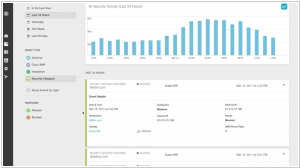Cisco Umbrella vs Netskope
August 05, 2023 | Author: Michael Stromann
16
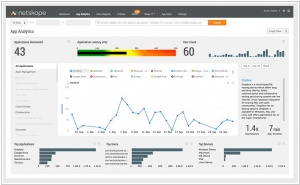
Netskope is the leader in cloud based security services. Our cloud security brokers empower your business by providing complete visibility & protection. Netskope automatically discovers and gives you analytics and policy enforcement in real-time and across any app, whether you manage it or not. That’s how cloud security solutions should work.
Cisco Umbrella and Netskope are two leading cloud security platforms, each offering unique strengths in protecting organizations from digital threats. Cisco Umbrella, formerly known as OpenDNS, is a cloud-based security solution that focuses on DNS and web filtering. It provides extensive protection against malware, phishing, and other web-based threats by blocking malicious domains and analyzing internet traffic to identify potential risks. Its DNS-layer security ensures devices are protected even when off-network. On the other hand, Netskope is a comprehensive cloud security platform that emphasizes data protection, cloud application security, and advanced threat protection. It offers extensive visibility and control over cloud usage, enabling organizations to enforce policies, prevent data loss, and defend against evolving threats across cloud services. While Cisco Umbrella specializes in DNS and web filtering, Netskope prioritizes data-centric security and comprehensive cloud security measures.
See also: Top 10 Cloud Security Software
See also: Top 10 Cloud Security Software
Cisco Umbrella vs Netskope in our news:
2021. Cloud security platform Netskope raises $300M
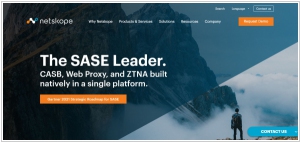
Netskope, a company specializing in Secure Access Service Edge (SASE) architecture, has recently announced a significant investment round amounting to $300 million. Netskope adopts a data-centric approach to cloud security, prioritizing the protection of data and users across all platforms. With the Netskope Security Cloud, users benefit from unparalleled visibility and real-time data and threat protection while accessing cloud services, websites, and private applications from any location and device. Netskope stands out by leveraging its extensive knowledge of the cloud and employing data-centric security measures through one of the world's largest and fastest security networks. The company has successfully completed a three-year endeavor to construct a vast cloud network that ensures a mere 15-millisecond distance to users worldwide.
2020. Cloud security provider Netskope hauls in another $340M
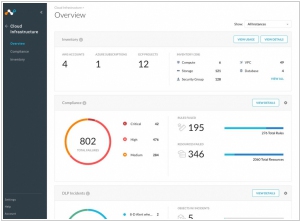
Netskope, a company specializing in cloud security, has recently secured an additional $340 million in funding. Since its inception in 2012, Netskope has been focused on addressing the evolving landscape of cloud and mobile security. Rather than relying on traditional perimeter security approaches that have become outdated, Netskope recognizes the need for security solutions that are agile, cloud-delivered, and capable of providing real-time protection against network and data threats. This is particularly crucial in today's digital business environment, where cloud services, websites, and private applications are accessed from any location, at any time, and through various devices.
2016. Cisco acquired cybersecurity-as-a-Service provider CloudLock
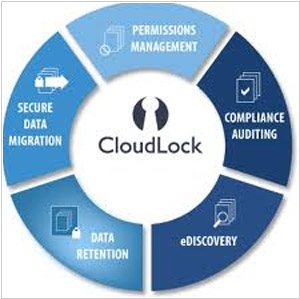
Cisco has revealed its intention to acquire CloudLock, a cloud-based security provider, for $293 million. CloudLock employs APIs to empower enterprises to apply and oversee security measures on shared and stored documents and other content within cloud-based applications. Its compatibility extends to popular applications like Office365, Google Drive, Salesforce, and numerous others. The primary focus of CloudLock lies in delivering robust security and enforcing policies to safeguard documents, regardless of the device used for accessing them. It also enables granular controls based on location, enhancing data protection capabilities.

